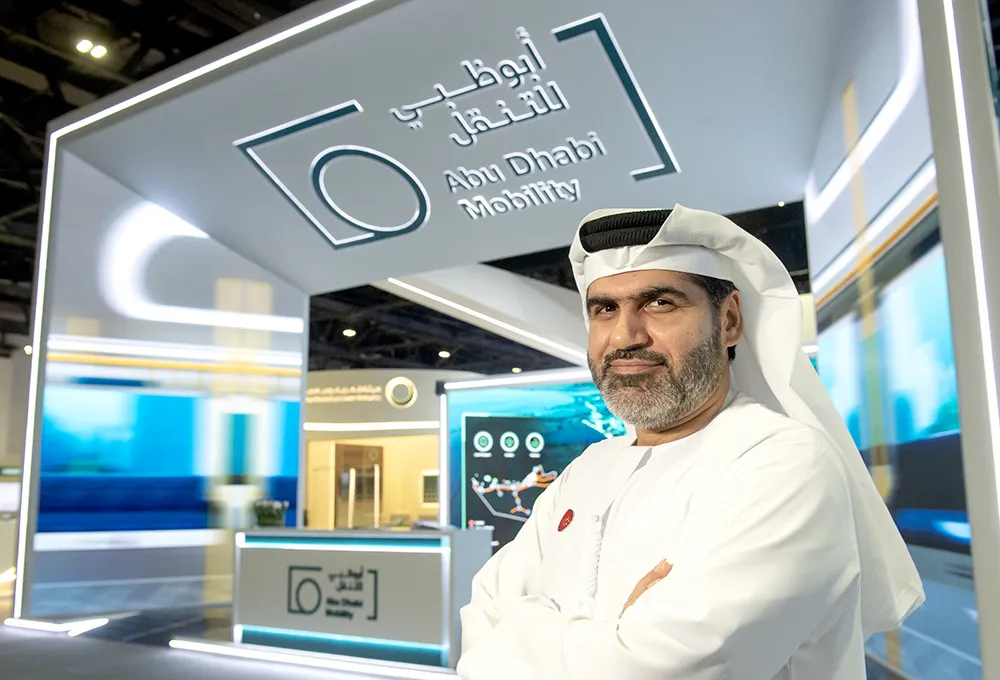European self-driving car company Vedecom Tech is to use technology developed by Israel-based
Vedecom Tech is the commercial subsidiary of Vedecom Public Foundation, an organisation dedicated to fostering innovation in autonomous transportation, whose members include
Vedecom Tech is introducing completely autonomous, self-driving vehicles (SAE Level 5) that will be launched for commercial use in 2017 and 2018 by municipalities in France, Germany, Italy, Portugal and the Netherlands. The company is using Karamba’s Carwall and autonomous security software to protect the cars’ electronic control units (ECUs) against risks of hacking.
Vedecom is using YoGoKo's advanced communications solutions for its connected and cooperative autonomous vehicle, enabling vehicles to maintain internet connectivity and exchange data with other vehicles, road and urban infrastructure and cloud apps in a standardised way.
YoGoKo and Karamba work together to strengthen YoGoKo’s externally-connected ECUs and safeguard the vehicles’ advanced, connected communications systems against cyber attacks by blocking malware and enforcing authentication.
The three companies will showcase their partnership at the 12th ITS European Congress, 19-22 June at the Strasbourg Convention Centre.
Vedecom Tech and Karamba Security partner to prevent cyber attacks
European self-driving car company Vedecom Tech is to use technology developed by Israel-based Karamba Security, to protect its autonomous vehicles from cyber attacks.
June 20, 2017
Read time: 1 min









